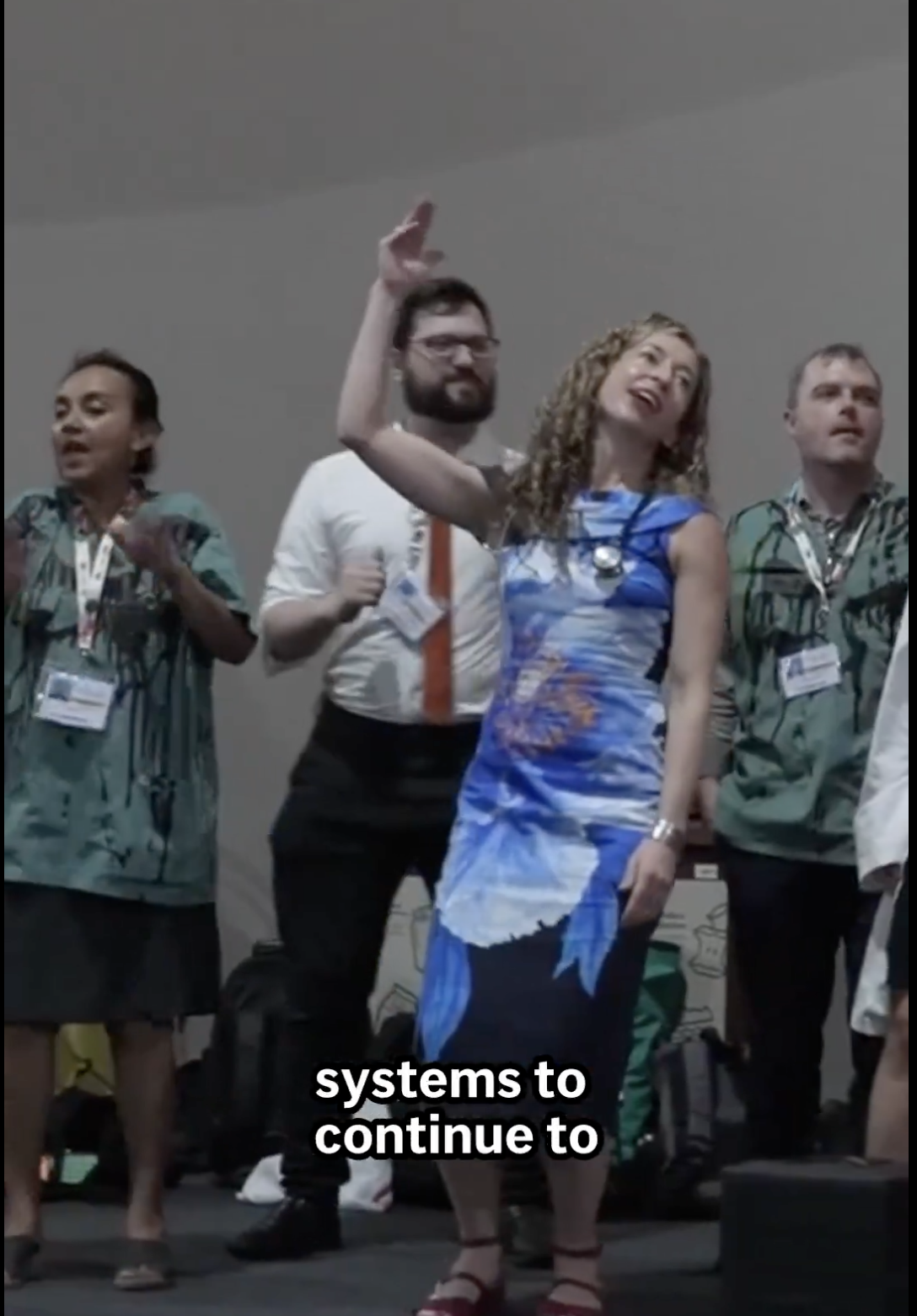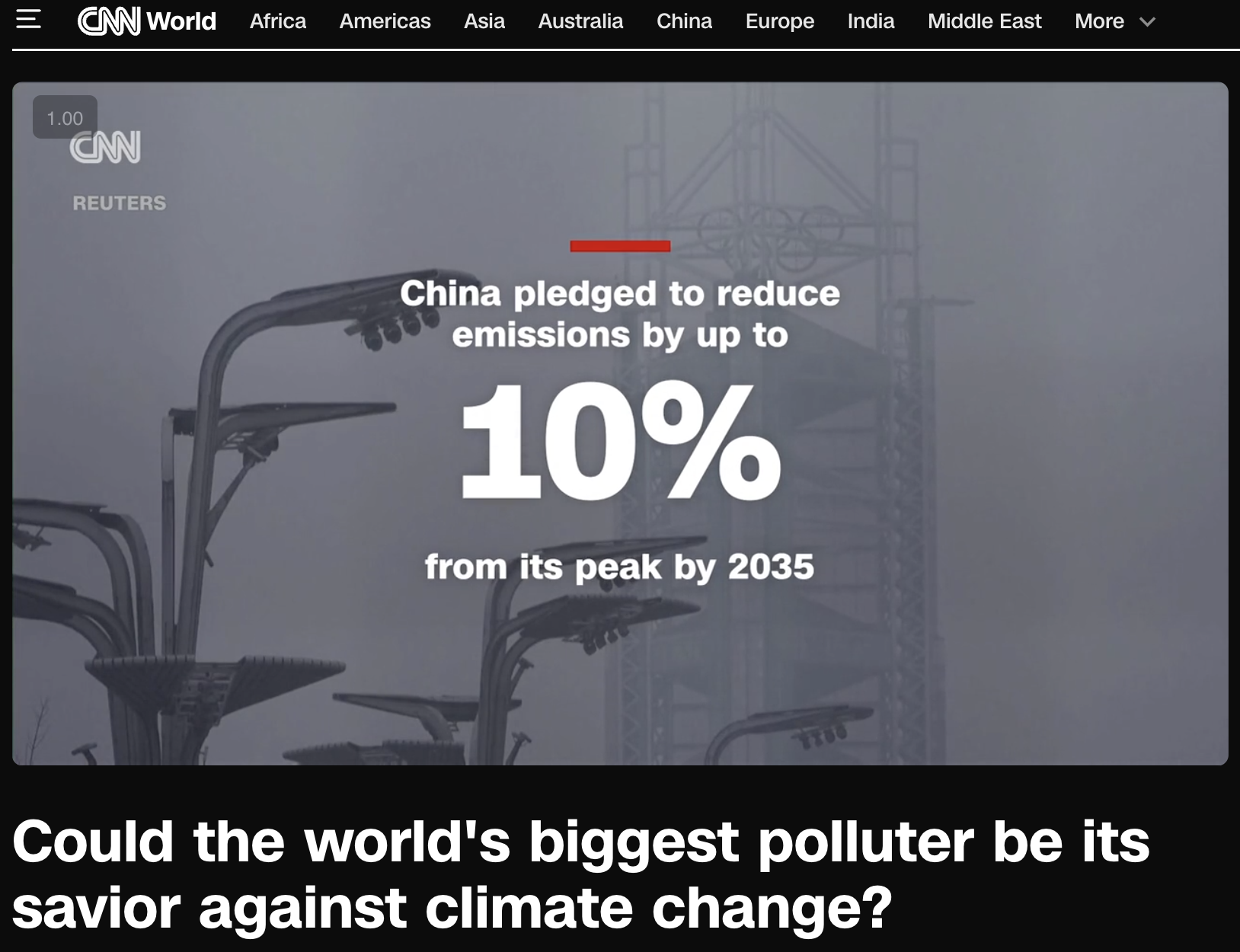By H. Sterling Burnett
Donald Trump’s presidency has seemingly unsettled the supposedly settled science of climate change, disrupting 40 years of “climate change is killing us” dogma in seven short months.
The DOE report, among other things: debunks claims that climate change is causing worsening extreme weather events; explains how rising carbon dioxide (CO2) levels have an increasingly small influence over global temperatures; describes how the same increase in CO2 is causing a beneficial global greening; and examines the myriad, currently poorly understood, natural factors that obfuscate rising temperatures and changes in climate to human energy use.
The DOE report is a direct challenge to the CCC’s self-anointed position as the official voice of climate truth, a challenge that comes from the same federal government that has funded their climate research over the years.
Finally, the CCC is being forced to take seriously long-standing problems raised by realists with their arguments of pending climate catastrophe.
A recent article in Nature acknowledged that the DOE’s report has at least a modicum of validity.
“Predictions of global warming are uncertain,” writes Tim Plamer, D.Phil. in a recent article in Nature. “That’s why we need to keep finding out how the climate system works.”
Palmer admits, for example, that climate change is not catastrophic, and “its authors are correct in one respect: the most important uncertainty in our ability to predict how much global temperatures will increase as carbon emissions continue is related to how cloud coverage will change over time.”
The response of global temperatures to rising CO2 is the most critical question in the climate debate. If that question is unsettled, then we can’t really know how the climate will respond to rising temperatures and whether it endangers humans or the environment. Score one for the DOE report.
The science is not “settled,” after all. It never was!
Let the long-overdue discussion or debate on fundamental climate science questions begin. And let it be done based on data and evidence, without any further acrimony, censorship, ad hominem, appeals to authority, or appeals to consensus. That’s how it should have been all along.
Politics and the quest for power and money should not be factors, although I’m not naive enough to believe they won’t continue to be so.
H. Sterling Burnett, Ph.D., ([email protected]) is Director of the Arthur B. Robinson Center on Climate and Environmental Policy at The Heartland Institute, a non-partisan, non-profit research organization.



